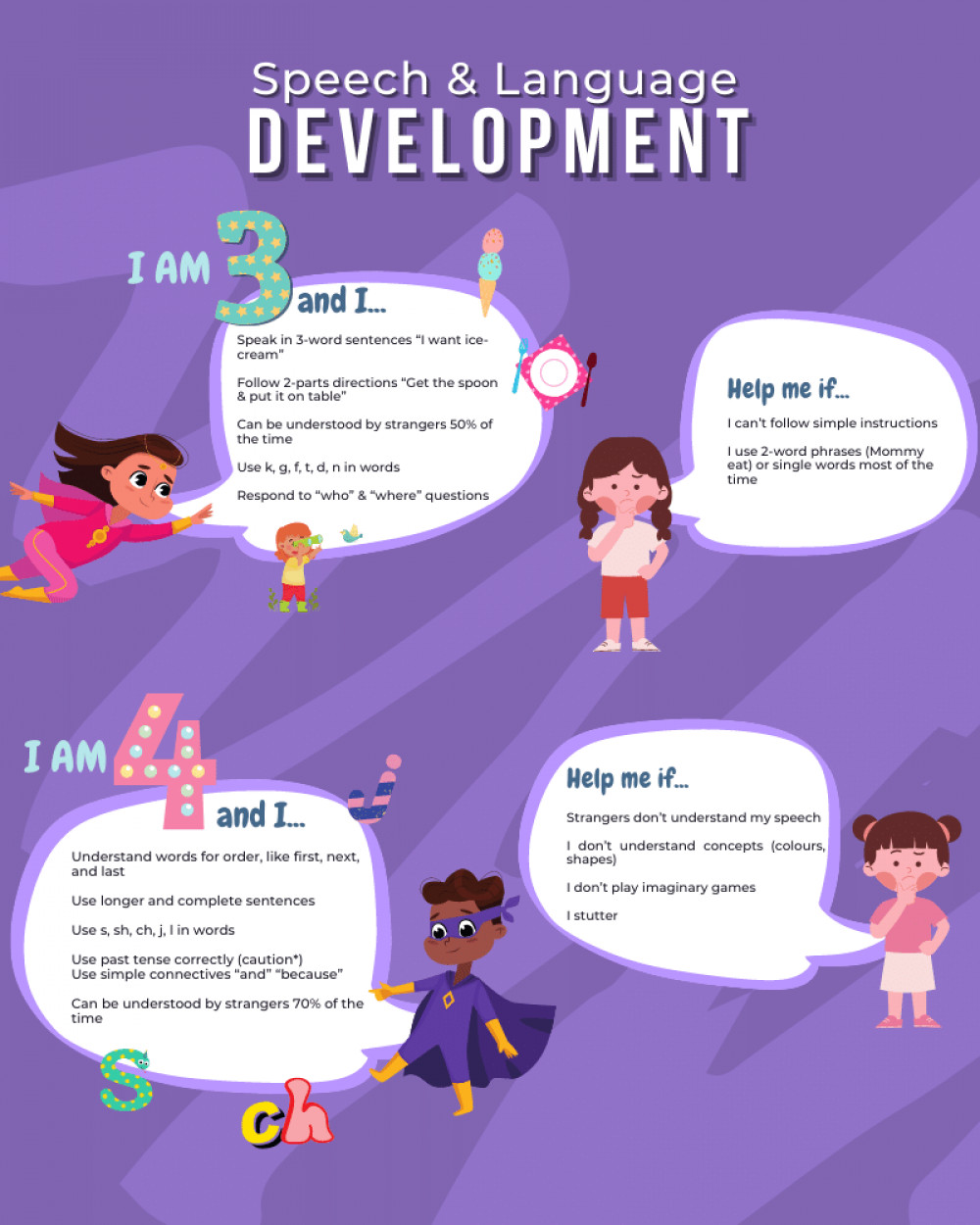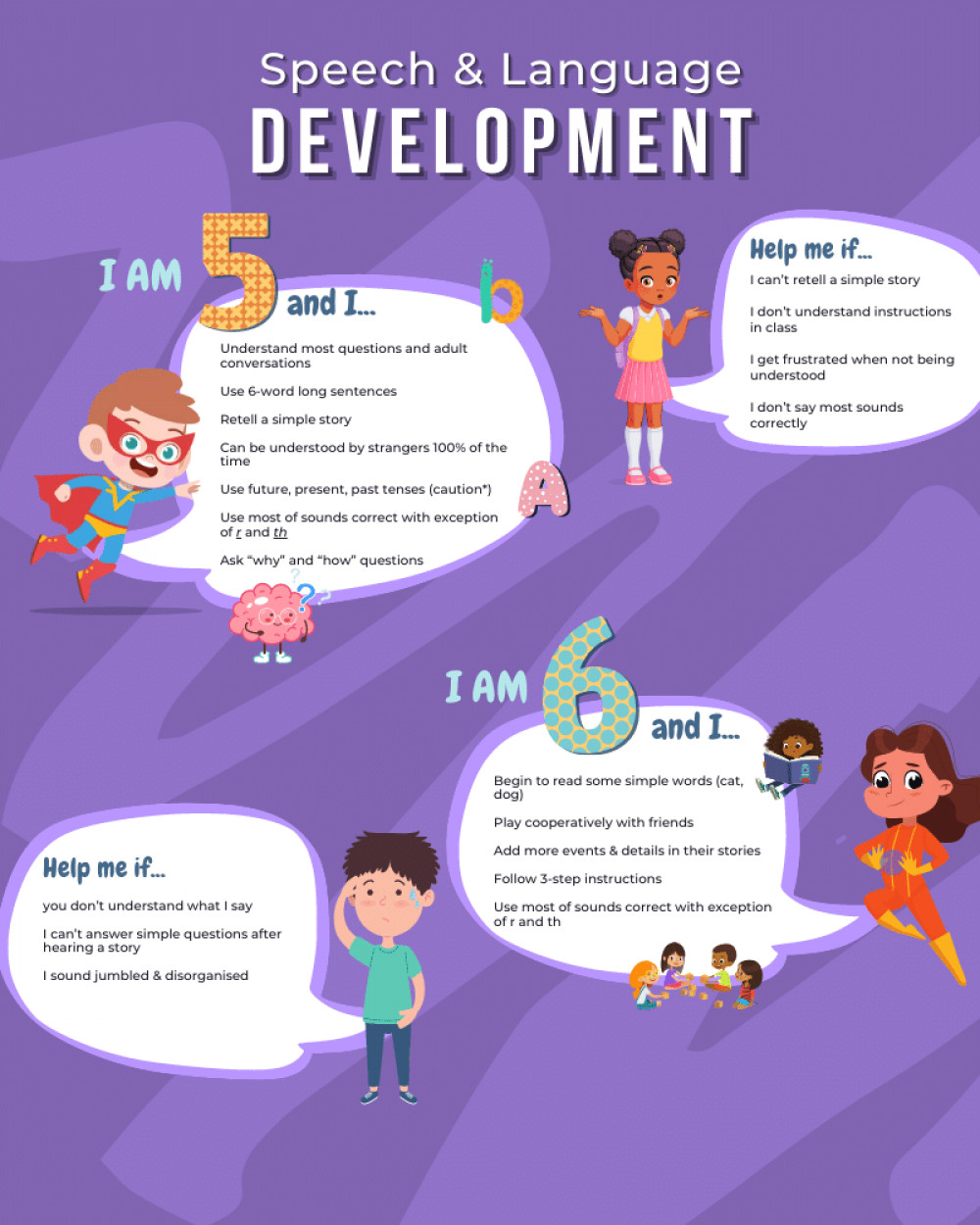
Speech and language development in the early years
At TIS, our approaches to teaching and learning don't stop in the classroom. It is a method that extends to our parents as well. Each month we hold various sessions where parents can come and learn different ways to support their children at home.
One of these talks was hosted by TISPA at the parents and guardians coffee morning, with our in-house specialist, Speech and Language Pathologist Sonia Iong.
Did you know that your child's brain will develop faster in the first five years of their life than at any other time? It's pretty amazing! But when it comes to speech development, the early years are crucial in developing sounds and concepts that contribute to academic and social success.
Over coffee, tea and croissants, parents were given valuable information on how they could help their children's language development. As well as what to watch out for to ensure their child reaches communication milestones.
What is speech and language development and why is it so crucial in those early years?
Contrary to what we know of, speech and language are two different skills. Speech is the sound that we make to form words. This includes our articulation, voice quality, speech rate & rhythm of speech. Language is the system of words that we use & how we use them to communicate.
Rich speech and language skills allow us to listen and speak well and to enjoy reading and writing in the later school years. There is strong research evidence showing the close relationship between childhood language development and school success. We also know that speech and language difficulty has a ripple effect. If left untreated, it often manifests in other difficulties, such as literacy and behavioural problems. Ultimately, it is better to identify a problem earlier so that children are supported in their learning journey.
Here are the speech & language milestones that parents should look out for.


Parent Resources:
Speech Sound Checklist (English)
Talk Box Talking & Listening Checklist (English)
Preschool Speech and Language Development – Birth to 5 Years (English)
樂語路語言發展道路 (Cantonese)
Does learning multiple languages cause a delay?
Learning multiple languages does not cause language delay. While some children may be quiet when they are exposed to a new language environment, this is usually overcome within months as the children become more comfortable with the language change. This is called a silent period and is common in multilingual children. However, it can become a concern if the child is also displaying similar behaviours at home. If this happens, share your concern with your child's teacher or family doctor, or simply reach out to a speech therapist.
There are ways that you can assist your child at home that can enrich your child’s development. Talking, playing, reading or singing songs to your little ones can have an immediate positive effect.

Not sure which activity to choose from to boost language growth? See the list of resources below!
Parent Resources:
Upcoming TIS Parent Talks:
TIS hosts a variety of interesting topics for parents to participate in so that you are able to better support your child at home. Follow up on Social Media and remember to check your emails to always be in the know.
12 January, TISPA Coffee Chat presents How to foster positive relationships between parents and adolescents



